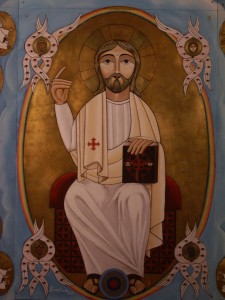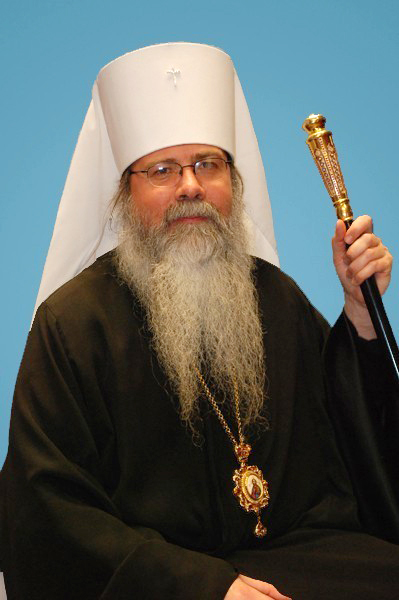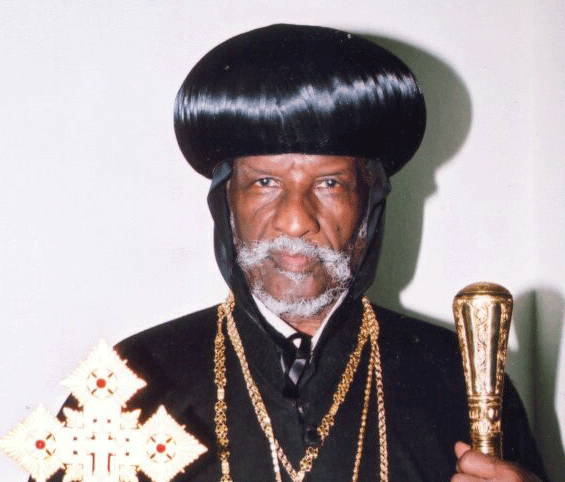I like reading obscure books.
One I recently came across is titled Episcopi Vagantes by Henry R.T. Brandreth, and was written way back in 1947. It makes for interesting, if not disturbing reading.
An Episcopus Vagans is a man who is ordained as a bishop by another bishop who is not a valid bishop. So, for example, if a bishop is excommunicated from his church, and then proceeds to ordain a man as a bishop, that new bishop is an Episcopus Vagans. Some of the characteristics of these men are that they are not recognised nor in communion with any of the mainline Christian Churches, they tend to have tiny flocks, and they tend to be ordained for their own sakes, rather than for any genuine pastoral need.
And Episcopi Vagantes breed Episcopi Vagantes! There are a number of “lines” now, where one of them ordains another, who then ordains another, who then ordains another, and so on. There is a succession which they love to point out, but it is built upon a non-existent foundation. It is quite possible that in some of these ordinations money is exchanged, or each bishop lends support and ‘legitimacy’ to the other bishop by writing a flowery and official looking letter of recognition, and signing, “His Most Reverend Holiness Bishop Pseudoclericus, High Exarch of Pontogalatia and Phyricorpopoulus” or some such high sounding ecclesiastic title and name.
What’s the point of all this ordaining? To my mind, it seems that all these men have something in common: they have a warped view of what it means to be a bishop, or indeed to be a servant of God at all. Their episcopacy is self-centred, and all they do is arranged for their personal convenience, rather than for the genuine welfare of others. This is first manifest in their desire, their lust we might say, for the episcopal dignity. They see only the respect such a vocation commands among others, and the power and authority it bestows. They see all the regalia and trappings that go with it: the crown, the staff of shepherdhood, the cross, the beard, the gown, and they enjoy the ‘play-acting’ at some subconscious level.
But being a bishop is not about yourself, nor is it about play-acting. I know that St Paul said that he who desires the position of a bishop desires a good work (1 Timothy 3:1). But to understand this as validating the lust for authority or self-aggrandisment in a person is a gross misinterpretation of the text. If we take this verse in context with the many criticisms St Paul makes elsewhere of those who abuse their leadership positions, we see that desiring the position is a highly dangerous thing. I suspect that only the very purest of hearts, the very simplest of souls could possibly desire being a bishop for the right reasons. And even they, if they thought about it, would flee from it, not seek it.
Our Church has been blessed through its history (although not always) with a philosophy of humility and an understanding of the graveness of pastoral responsibility that has produced a culture where no man in his right mind would desire ordination to the clergy. Thus, HH Pope Shenouda is famous for explaining the difficulty in finding men to ordain as priests thus: “Those who wish to be ordained are not suitable, and those who are suitable do not wish to be ordained”. Time and experience have borne out the truth of this maxim over and over. The difficulty is overcome, of course, by the grace of God who knows how to speak in the hearts of those who are nominated by others and make them submit.
But I find the Episcopi Vagantes disturbing because they bear all the outward marks of being a faithful bishop of God, yet their whole lives are based upon a selfish lie. Brandreth, with admirable though naive Christian charity, points out the genuine piety in some of these bishops he has met personally. I find myself wondering – could it be genuine? I suppose it is possible that a simple minded man might really believe that his mission is given by God, even though his ordination comes from a bishop that the vast majority of God’s people do not recognise as a valid bishop. But it is also possible that these men are very good at appearing pious, whether consciously or unconsciously. We have all met people who have mastered the art of the humbly downcast eyes and the soft and gentle voice, while all the time their thoughts are full of deceit and self-interest and hypocrisy. You discover the truth only over a prolonged period of time, when their behaviour sooner or later lets the truth of what’s inside them escape into the outer world. No one can maintain a false facade forever.
Surely then, these are the “wolves in sheep’s clothing” the Bible warns us about? And we have had our own Coptic version of an Episcopus Vagans recently in the person Max Michel, who was ordained by some invalid bishop as Patriarch of his own new Church. All the characteristics of an Episcopus Vagans fit him perfectly: the lust for clerical position, the self-interested motivation for ordination, the lack of recognition by any mainline Christian Church, the tiny flock. I saw him once in an interview on TV where the Muslim interviewer posed some pretty probing but valid questions. Sooner or later, the wolf emerges from beneath the sheepskin. His initial demure demeanour gave way to personal attacks, anger, childish pouting and whines of being persecuted. But he wasn’t being persecuted – the questions were pertinent and the interviewer was quite polite (and quite bemused by the end). He just had no answer for them.
The episcopate is a precious treasure given by God to shepherd His flock in this world. Those who abuse it and bring it into disrepute would be better off to “Have a stone tied around their neck and cast into the sea”, to paraphrase our Lord.
May God have mercy upon their souls … and ours.







